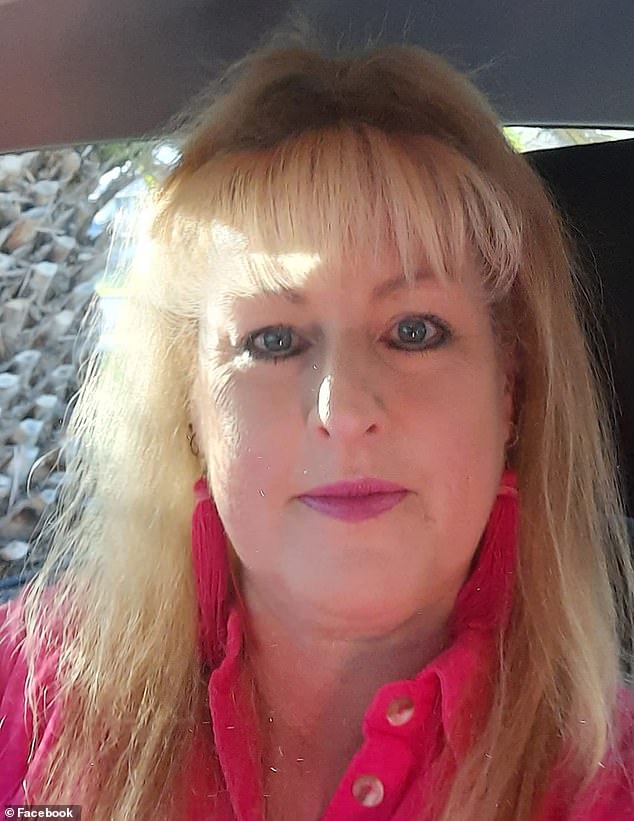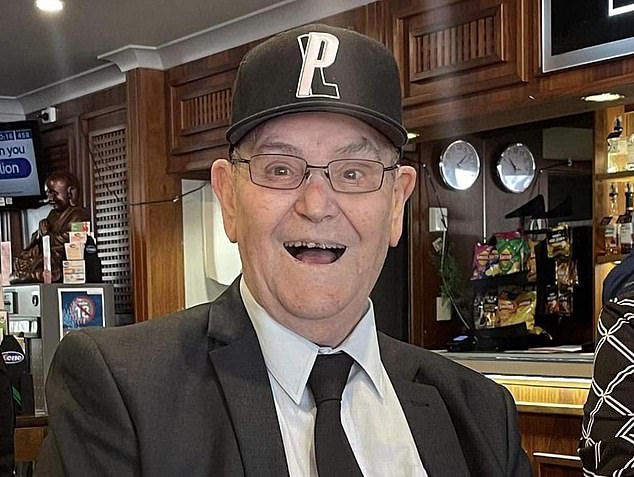A family has been unable to bury their grandfather because his body has been stuck at the coroner’s office for three weeks and there is no one there to sign for his release.
Kylie Underwood has been desperately trying to recover the body of her father, John Grant Griffiths, 77, who died at Modbury Hospital in Adelaide’s north on July 9.
Mr Griffiths had been hospitalised for 10 weeks with several medical conditions including pneumonia and dementia.
Ms. Underwood said she had asked the State Coroner’s Office to release the body but was unable to do so for an exasperating reason.
“When I called the coroner’s office, they told me they only have one forensic scientist who has to sign off on the release and they don’t know when that person will be back at work,” she said. Adelaide Advertiser.
“We just want the body released so we can bury it.”
Mr Griffith’s death was referred to the coroner because he was suffering from delirium when he died.
The medical condition occurs when a person experiences a sudden change in thinking and behavior.
The death of John Grant Griffiths (pictured) was referred to the coroner because he was suffering from delirium when he died.
The illness usually lasts several days.
According to the South Australian Coroner’s Procedure, the body of a deceased person is usually released within 72 hours.
The time frame takes into account formal identification and the post-mortem process.
The coroner decides whether an autopsy is necessary and a forensic pathologist carries out the process at Forensic Science SA.
Ms Underwood claims the Modbury Hospital morgue was full, prompting Griffith’s body to be transferred to Lyell McEwin Hospital.
Mr Griffiths was a diesel mechanic and ran his own small business called ‘Exhaust Plus’, a mechanical repair shop in Salisbury, until he retired.
He previously worked in the Broken Hill mines in western New South Wales during his younger years.
He is survived by five children and ten grandchildren.

Mr Griffith’s daughter, Kylie Underwood (pictured), says the State Coroner’s Office only has one forensic scientist to sign off on the release and they don’t know when the person will be working next.
The coroner’s office said it could not comment on specific cases and that the time it takes to conduct a pathology review depends on several factors.
“A review cannot be initiated until all necessary medical notes are received and on occasion it may arise that further information needs to be obtained,” a spokesperson read.
‘In addition to this, the Coroner’s Office relies on the availability of on-call physicians to perform pathology reviews.’
Daily Mail Australia has contacted the Coroner’s Office for further comment.


